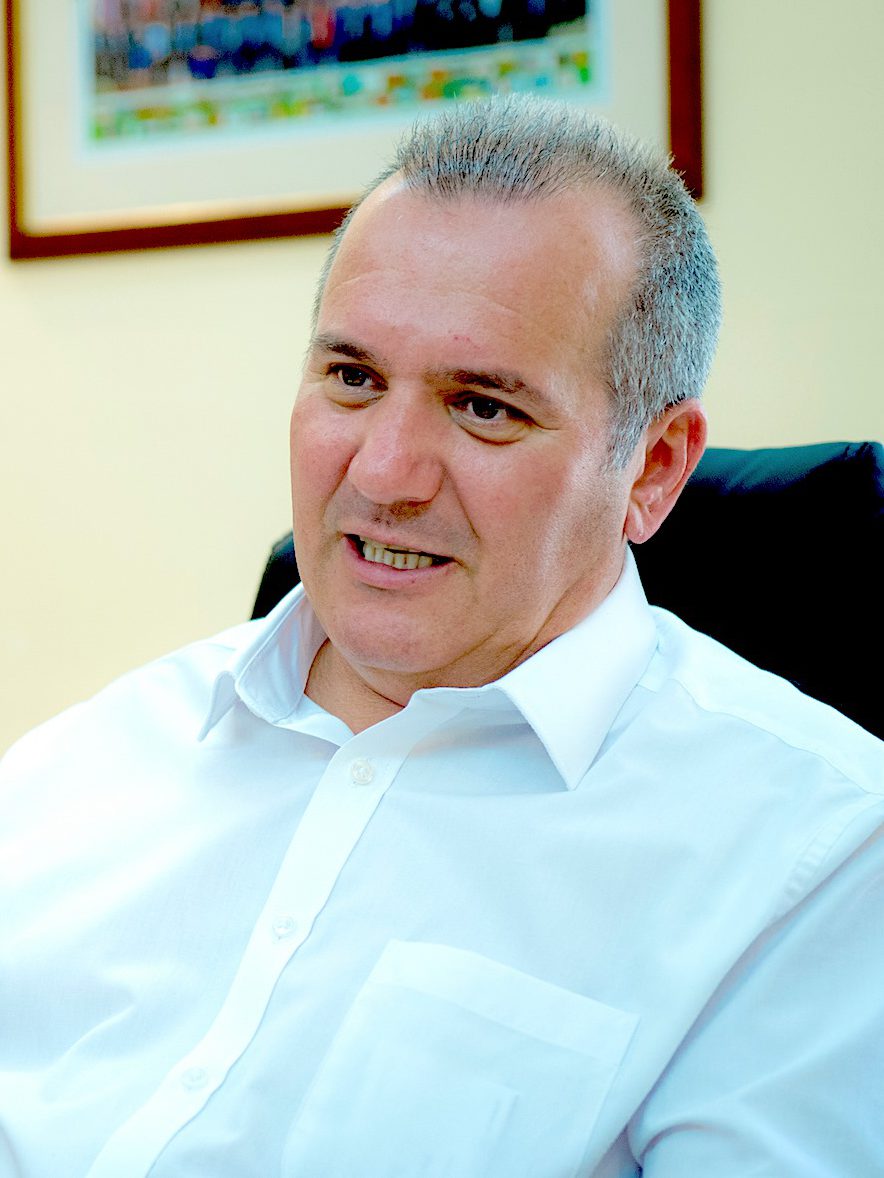In many Southern European countries, as the middle of August brings sweltering temperatures, many workplaces are shuttered and swathes of the labour force take a week off of work to take advantage of the weather and travel with family or friends, or just take in the sun on a beach.
Perhaps the most widely known ‘shutdown’ takes place in Italy, where the ‘Ferragosto’ break coincides with the Catholic feast of the Assumption of the Virgin Mary into Heaven, but actually predates the Catholic Church itself.
Starting around 18BC, Ferragosto (or in Latin: Feriae Augusti) referred to a resting time dedicated to the Roman Emperor Augustus. Ferragosto was a time to interrupt ordinary activities and get some rest.
This concept continued during the Christian period after the collapse of the Roman Empire, when the Church declared the 15th August date as the aforementioned Assumption.
Given Malta’s close history with Italy, and its similarly close relationship with the Catholic Church, its adoption of a similar tradition was perhaps predictable, but for the island nation, the 15th August ‘Santa Marija’ has added significance.
After being decimated by an intense bombing campaign during World War II, as well as a concerted besiegement effort, 14th August 1942 brought the islands hope and relief in the form of the arrival of a convoy bringing food, fuel and other goods.
The arrival of the ‘Santa Marija Convoy’ etched itself into the country’s collective consciousness and is a fond part of the nation’s history for many.

But what place does a Roman tradition have in the modern world, and from a business perspective, is it still viable for entire swathes of the workforce to simultaneously head on holiday, leaving many businesses with closed doors?
BusinessNow.mt reached out to two key stakeholders in Malta’s business environment – the Malta Chamber of SMEs, representing retail businesses, and the General Workers’ Union (GWU), representing workers, to find their perspective on the shutdown.

On the part of the SME Chamber, CEO Abigail Mamo emphasised the positive impact of the shutdown on worker productivity.
How widespread the shutdown is, in terms of the number of businesses in particular sectors offering the time off, Ms Mamo said, allows workers to “really unplug” and thus benefits productivity.
Additionally, “having everyone go on a break at the same time and returning together” helps to “re-energise workers many times.”
The SME Chamber represents business owners, and Ms Mamo states that from their perspective the shutdown is particularly welcome.
“Many of them almost never stop working, because their input is still required so actually closing the business for a while for shut-down is the only way for them to take a break,” she explained.
On the part of the GWU, secretary general Josef Bugeja presented a similar outlook, saying: “I believe that it helps the wellbeing of all the workforce, including management… Rest, relaxation, and stress reduction are very important for people’s well-being and health.
“This can be accomplished through daily activities, such as exercise and disconnecting from the work place, but vacationing is an important part of this as well.”

Asked whether local businesses see the shutdown as something of a nuisance, Ms Mamo said that from the part of the SME Chamber, members have never expressed annoyance regarding Santa Marija and the many shutdowns set to take place.
“It is something they have gotten used to and manage to work around and prepare for”, she said.
Sometimes clients express a “small level” of frustration as they need to wait a little longer for their orders, but because Santa Marija is common knowledge for all, this is reduced.
Similarly, Mr Bugeja rejected the idea that local businesses might see the shutdown as a nuisance, emphasising that in sectors more dependent on summer custom, a high degree of service continues to be rendered.
“In other economic sectors that there is the possibility for shutdowns, this is agreed between both the management and the union. In most of our collective agreements there is specific clauses that regulate shut downs”, he said.
Additionally, Mr Bugeja pointed out that shutdowns are actually regulated by law, and that shutdowns need to agreed upon by the end of January, and that only a maximum of 12 days can be utilised for shutdowns or “mini-shutdowns”.
These days are a part of employees’ annual leave entitlement anyway, he explained, so its not a case of lost working hours.
Finally, from a purely fiscal perspective, “it makes economic sense for business to have total closure and save on utility bills,” he said.
Addressing the usefulness of the shutdown – traditionally associated with high summer temperatures – in the era of airconditioning, Ms Mamo said: “More than the heat I think that other priorities have taken over along the years. In summer there is more room for enjoyment even with the day-time and also some find it easier to manage their worklife balance with kids being more at home.
“Summer is for many the time to socialise more, to spend more time with family, etc. This is however more difficult in some sectors which take their breaks during a different period of the year or go at it differently in a way that fits their own personal schedule best.”
Government introduces mandatory physical inspection for vintage vehicle classification
From 1st September 2025, vehicles seeking vintage status must undergo a physical inspection by the official classification committee
Local filmmakers paid just €250 to screen at Mediterrane Film
The figure stands in stark contrast to the estimated €5 million total spend
Malta International Airport closes in on one million passengers in June
Meanwhile, aircraft traffic movement rose by 4.5 per cent year on year






